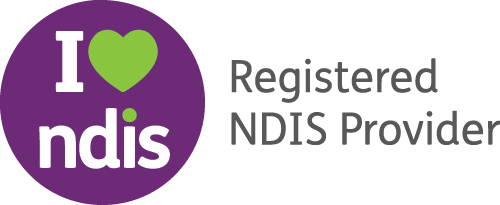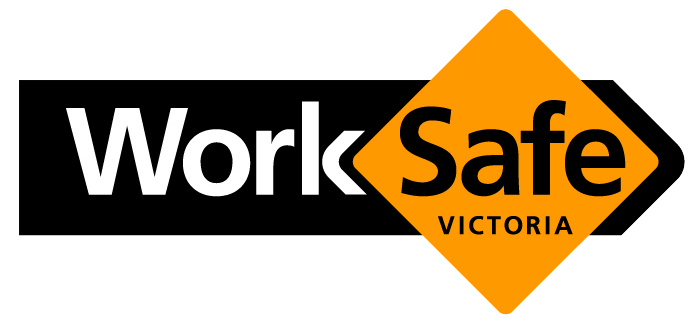NDIS Commission Priorities for 2025–26: What It Means for You
The NDIS Quality and Safeguards Commission is responsible for making sure that people with disability receive safe, high-quality services under the National Disability Insurance Scheme (NDIS). Each year, the Commission outlines its key focus areas, and for 2025–26, the message is clear: stronger protections, higher accountability, and better training across the sector.
In this blog, we’ll explain what the new priorities are, why they matter, and what they mean for you as a participant or family member.
What Is the NDIS Commission?
The NDIS Commission is an independent body responsible for overseeing the quality and safety of NDIS supports and services. Its role includes:
- Registering and monitoring providers
- Setting standards of practice and training
- Handling complaints about providers and workers
- Investigating serious incidents and unsafe practices
In short, the Commission is there to protect participants and ensure that providers meet the highest possible standards.
The NDIS Commission’s Priorities for 2025–26
1. Reducing Restrictive Practices
Restrictive practices are actions that limit a person’s rights or freedom, such as physical restraint or seclusion. While sometimes used in specific, carefully regulated situations, the goal is always to reduce reliance on these practices.
In 2025–26, the Commission is placing stronger emphasis on ensuring that restrictive practices are only used as a last resort, with clear behaviour support plans in place, and with participant dignity at the centre.
2. Better Oversight of Unregistered Providers
Not every provider in the NDIS system is registered with the Commission. Some participants, particularly those who are self-managed, may choose to work with unregistered providers.
The Commission has recognised that stronger oversight of these providers is needed, especially in high-risk areas. This focus will enhance accountability and help participants feel more secure when using unregistered services.
3. Higher Standards of Worker Training and Skills
Quality care starts with skilled, knowledgeable workers. The Commission’s new priorities highlight the need for better worker training, including:
- Meeting mandatory compliance requirements (e.g. NDIS Code of Conduct, Worker Orientation Module)
- Ongoing training in areas like complex care, behaviour support, and mental health
- Greater accountability for
ensuring workers are fit and safe to deliver supports
This benefits participants directly, as you can expect better-trained staff who understand your rights and needs.
One of the key safeguards is the
NDIS Worker Screening Check, which helps ensure that only safe and suitable people can work in the sector.
4. Managing High-Risk Health Concerns
Some NDIS participants with complex health conditions that require extra care and oversight. The Commission is focusing on ensuring that providers have the necessary systems, training, and safeguards in place to manage these risks safely.
This includes stronger monitoring of incident reporting and ensuring providers respond appropriately when a participant’s health or safety is at risk.
Why This Matters to Participants
For people receiving NDIS supports, these priorities translate into:
- Greater protection of your rights
- More consistent quality of care across both registered and unregistered providers
- Better-trained staff who are prepared to support complex and psychosocial needs
- Higher accountability for providers and workers
Ultimately, these changes are designed to provide participants and their families with greater peace of mind.
How It Affects Providers
Providers will need to:
- Strengthen their internal policies around restrictive practices
- Ensure all workers are up-to-date with training and compliance
- Be more transparent about safety measures and reporting processes
- Prepare for tighter monitoring by the Commission
For participants, this means you can expect more transparent communication, higher standards, and improved safety when working with providers.
How Support Coordination Helps You Navigate These Changes
At Hand in Hand Support Coordination, our role is to:
- Help you understand the standards providers must meet
- Connect you with providers who are compliant and trustworthy
- Support you in raising concerns if a provider doesn’t meet expectations
- Advocate for your rights, especially if restrictive practices are involved
- Guide you through complaint processes if issues arise
We specialise in working with participants who have
complex and psychosocial needs across Melbourne and Victoria, ensuring your supports are not only practical but also safe and respectful.
Final Thoughts
The NDIS Commission’s priorities for 2025–26 focus on strengthening safeguards and building a safer, more accountable disability sector. For participants, this means greater confidence that the people and organisations you work with are trained, transparent, and committed to your wellbeing.
As a
local support coordinator, Hand in Hand stays across these changes so you don’t have to. Our focus is on empowering you with safe support that respects your rights and helps you achieve your goals.

We hope this blog was useful.
Hand in Hand Support Coordination specialises in personalised NDIS Support Coordination for participants with complex mental health and physical disabilities across Melbourne and Victoria, focusing on Level 2 and 3 support to create tailored support that aligns with goals and budget.




